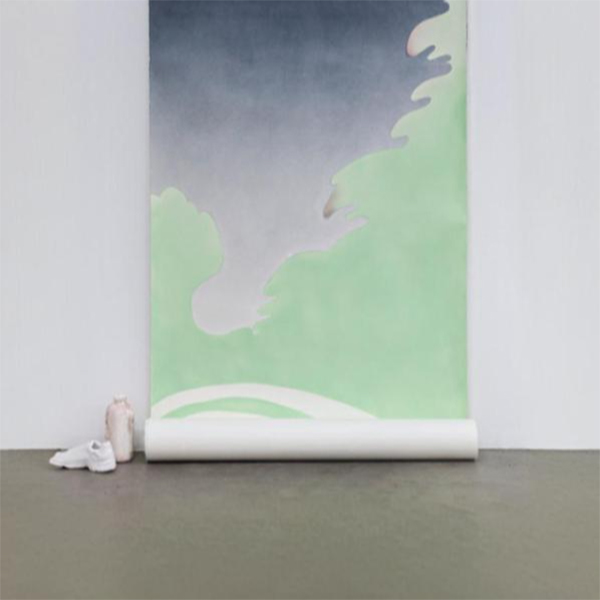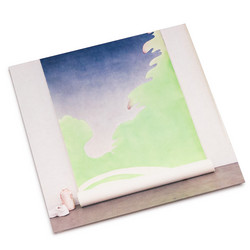Marja Ahti - Touch This Fragrant Surface of Earth
There are artists for whom sound is not merely a medium but a way of perceiving temporality of the universe. Finnish sound artist Marja Ahti is one of these rare practitioners. Her latest LP, Touch This Fragrant Surface of Earth (Fönstret, 2025), is not a music recording in the conventional sense, nor is it simply a work of electroacoustic composition. It is, instead, a meditation on transformation: an exercise in sound’s inexplicable capacity to alter, to decay, to become.
Ahti’s practice has long been rooted in this attentiveness to process. She draws from natural sound sources, acoustic instruments, and electronics, assembling them with a sculptor’s patience. Yet in Touch This Fragrant Surface of Earth, the focus is not on assemblage as construction, but on sound’s ability to slip away from itself. What might begin as a recognizable gesture — the scrape of metal, the shimmer of water, the resonance of a clarinet — is never stable. Each event carries the trace of its own dissolution, folding into another state, another tone, another silence.
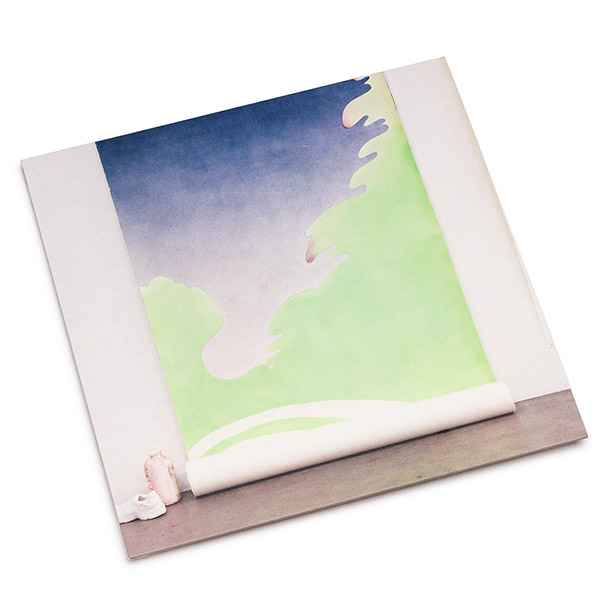
Ahti’s music belongs to a broad experimental lineage that treats sound as environment rather than object. One might hear closeness with Luc Ferrari’s Presque Rien, where field recordings of everyday life blur into composition. Or with Annea Lockwood’s river works, which capture the ceaseless transformations of water as both sonic and ecological reality. There are echoes, too, of Eliane Radigue’s long-duration pieces, in which minute changes of timbre and resonance become vast meditations on change.
Yet Ahti is not simply a devout follower of these predecessors. In many ways her work feels less monumental and more fragile. Where Radigue invokes the endless drone as a more of a metaphor for eternity, Ahti’s transformations feel precarious, tender, grounded in the intimate surfaces of life. Where Ferrari often framed his soundscapes as narrative fragments of modernity; Ahti frames hers as phenomenological states, meditations on thresholds where the audible slips into the inaudible.
If Radigue’s drones are vast like the Himalayas, Ahti’s pieces are more like a tacticle, moss-covered stone — delicate, alive with detail, constantly moist with change.
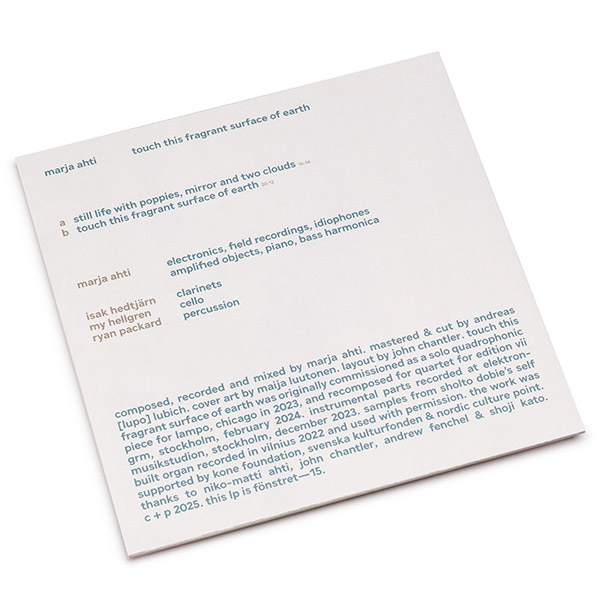
Central to Ahti’s sound world is her engagement with Buddhist practice, where sound becomes a vehicle for contemplating the aforementioned temporality. The concept of biànhuà — transformation — resonates deeply with the way her music unfolds. Rather than treating compositions as fixed forms, she allows them to behave like living organisms, subject to the subtle laws of growth, erosion, and mutation.
In Buddhist thought, temporality is not a problem but a truth: the recognition that nothing is static, that all phenomena are bound to arise and fall. Touch This Fragrant Surface of Earth can be heard as an auditory analogue of this teaching. Every sound already contains its ending. Each silence holds the change for something new to appear. The listener, by attending closely, learns to hear not only sounds but their transformations — to perceive the very fabric of becoming and the end.
This exactly is why this work feels less like a composition and more like a practice. To listen deeply is to meditate. To meditate is to become transformed.
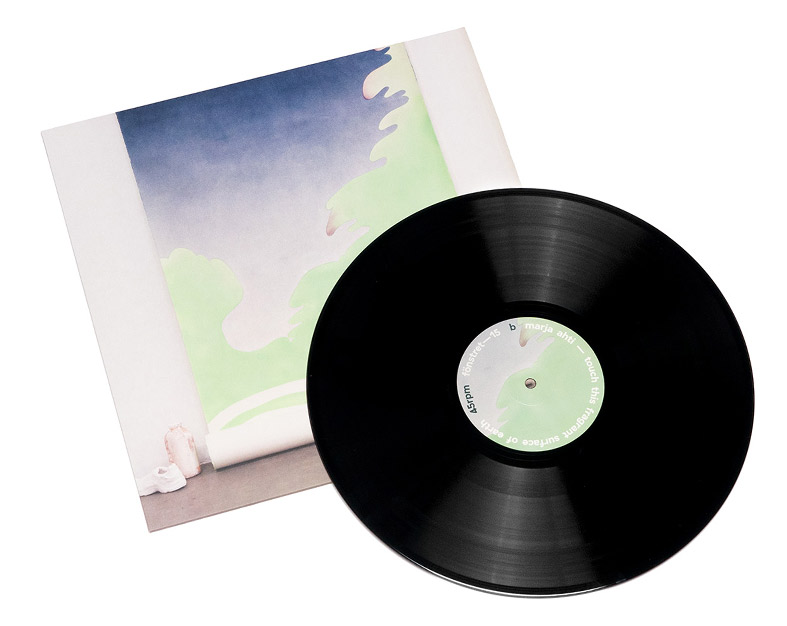
The title itself is telling. The “fragrant surface of earth” is a layer — delicate, sensory, impossible to hold. It refers both to the natural ground we walk on and the ground of listening itself. Ahti’s music inhabits this surface, tracing the fragile points where perception brushes against the world.
Her restraint is striking. There are no climaxes, no gestures of grandeur. The power lies instead in the delicate unfolding, in the way a tone thickens, or a room’s resonance blooms, or a recording of the natural world is allowed to simply breathe. Silence is not absence but an active collaborator, shaping the space as much as the sounds themselves.
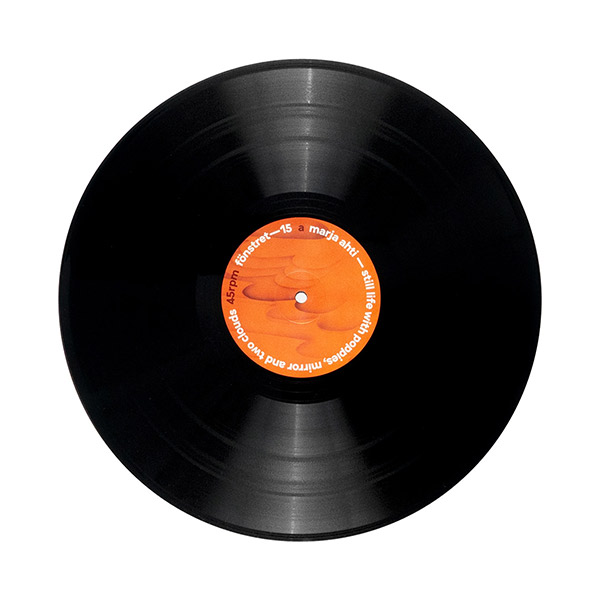
In an era when experimental music often veers toward spectacle — the maximal gesture and the saturation of detail — Ahti offers the opposite: patience, intimacy, and vulnerability. Her transformations are not heroic but delicately balanced. They talk in a mannered tone rather than declare.
The album cultivates a mode of listening in which transformation is no longer something we overlook but something we inhabit. Each sound becomes a teacher of temporality, each silence a reminder that nothing lasts forever. It is about tuning into processes of change that mirror the fragility of our reality's surfaces: soil, water, atmosphere. Just as rivers and forests are never still, Ahti’s soundscapes remind us that all of the wholeness is dynamic, vulnerable, alive with becoming.
Marja Ahti’s Touch This Fragrant Surface of Earth is not a record to be played once and set aside. It is a document of an ongoing practice, the sonic embodiment of the biànhuà. In its subtle transformations, it teaches us to hear differently, and in hearing differently, to inhabit change itself. This is not music about temporality. It is temporality, inscribed in sound.
